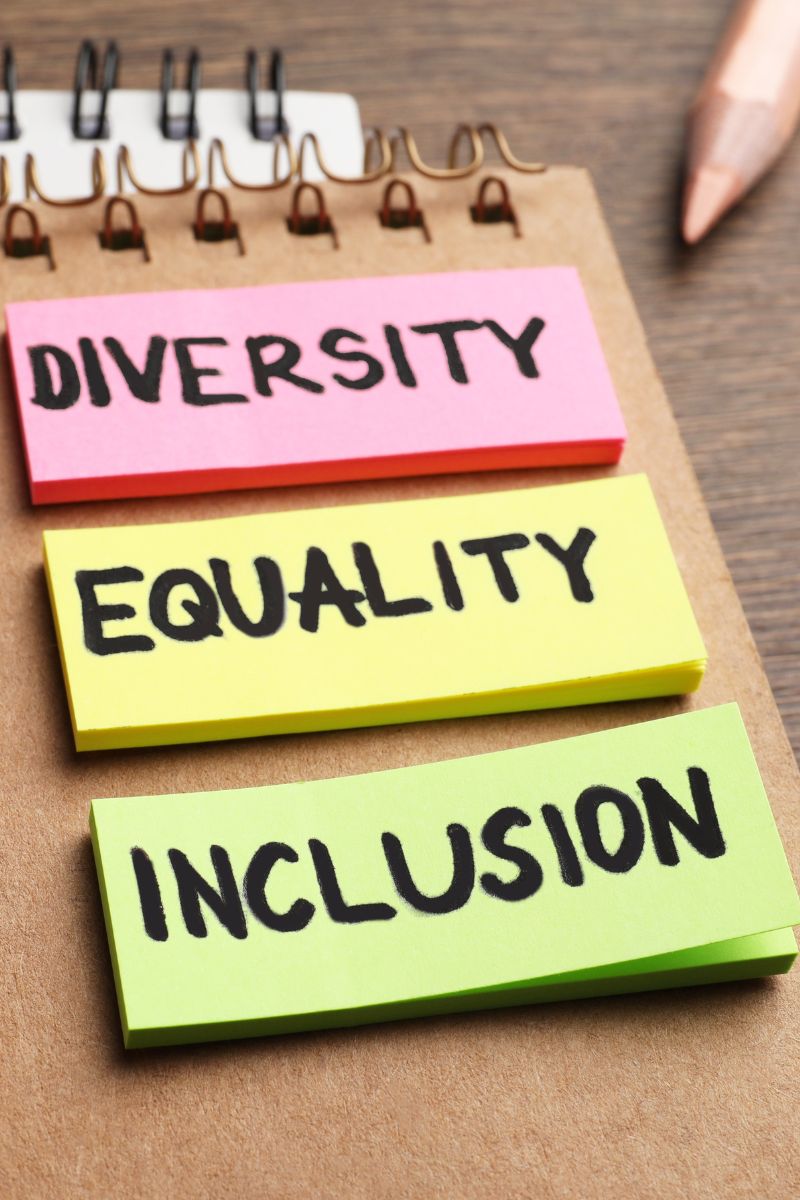Workplace discrimination can manifest in various forms, from unequal pay to harassment based on race, age, gender, or other protected characteristics. Regardless of how it appears, it is essential to recognize your rights and take action to protect yourself and others. In this blog post, we’ll explore how to fight workplace discrimination as an employee, the steps to take if you experience racial discrimination at work, and the legal remedies for age discrimination in the workplace.

How to Fight Workplace Discrimination as an Employee
Standing up against this can feel daunting, but taking the right steps can make a significant impact. Here’s how to approach it:
1. Understand Your Rights
Employees are protected under federal laws like Title VII of the Civil Rights Act, the Age Discrimination in Employment Act (ADEA), and the Americans with Disabilities Act (ADA). These laws prohibit discrimination based on race, age, gender, religion, national origin, disability, and more.
2. Document Everything
Keep a detailed record of discriminatory incidents, including dates, times, locations, and the names of those involved. Save any relevant emails, messages, or reports that demonstrate discriminatory behavior.
3. Report the Incident Internally
Most companies have policies and procedures for reporting this. Start by speaking with your HR department or your supervisor. If your supervisor is involved, escalate the matter to higher management.
4. Seek Support
Talk to trusted colleagues, friends, or support groups. Consider reaching out to employee resource groups (ERGs) focused on diversity and inclusion.
What to Do If You Experience Racial Discrimination at Work
This remains a prevalent issue in many workplaces. Here’s a step-by-step guide on how to address it:
1. Identify the Discrimination
This can include derogatory comments, exclusion from opportunities, or being treated unfairly due to your race or ethnicity. Recognize these behaviors and assess their impact on your work environment.
2. Confront the Behavior (If Safe)
In some situations, addressing the issue directly with the person involved can lead to resolution. Be calm and professional, clearly expressing how their behavior is inappropriate.
3. File a Formal Complaint
If confronting the behavior doesn’t resolve the issue or isn’t safe, file a formal complaint through your employer’s grievance process. Make sure to follow company policies to ensure your complaint is properly documented.
4. Contact the Equal Employment Opportunity Commission (EEOC)
If internal remedies fail, consider filing a complaint with the EEOC. You typically have 180 days from the incident to file. The EEOC will investigate and may attempt mediation or recommend further legal action.
Legal Remedies for Age Discrimination in the Workplace
This is illegal under the Age Discrimination in Employment Act (ADEA), which protects employees aged 40 and older. If you believe you’ve been subjected to this, here’s what you can do:
1. Recognize Age Discrimination
This can involve unfair treatment in hiring, promotions, layoffs, or workplace culture. Look out for remarks about your age, denial of training opportunities, or being pushed into early retirement.
2. Consult with a Los Angeles Employment Lawyer
An attorney specializing in employment law can help you understand your rights and guide you on how to proceed. They can also assist in gathering evidence and filing necessary claims.
3. File a Complaint with the EEOC
Before pursuing a lawsuit, you must file a charge of discrimination with the EEOC. The agency will investigate and determine if a resolution can be reached. If not, they may issue a “right to sue” letter, allowing you to take the case to court.
4. Seek Compensation
Legal remedies can include compensation for lost wages, emotional distress, and attorney’s fees. In some cases, courts may also order reinstatement or policy changes within the company.
Conclusion
Discrimination in the workplace is a serious issue that affects not only the individuals involved but the entire organizational culture. Understanding how to fight workplace discrimination as an employee, knowing what to do if you experience racial discrimination at work, and exploring legal remedies for age discrimination in the workplace are crucial steps toward fostering a fair and inclusive work environment. If you’re experiencing this, don’t stay silent—take action, seek justice, and contribute to a better future for all employees.






